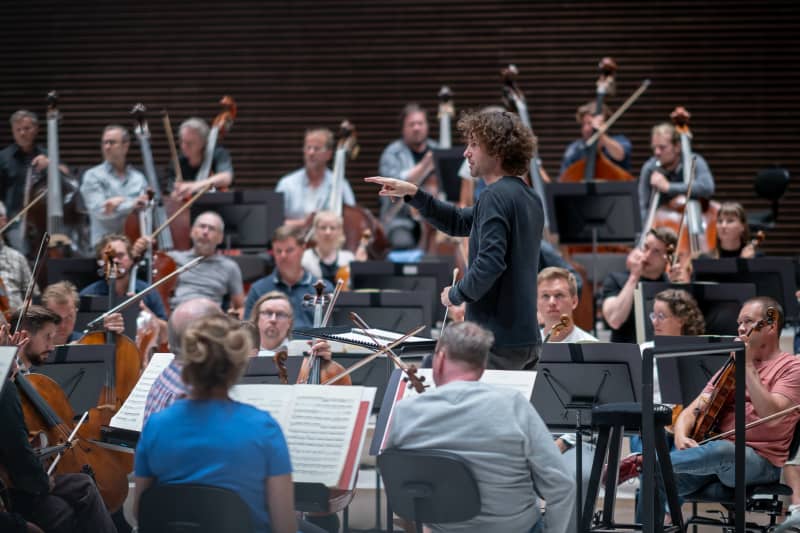A half-stop happened at Musiikkitalo during the rehearsals of the Radio Symphony Orchestra. In addition to the chief conductor, we also met the RSO’s rowers, Heik and Mikael. RSO will be released tomorrow, Friday.
From Mannerheimintie, Musiikkitalo looks a lot like Prisma in Itäkeskus. Fortunately, however, the similarities are only architectural.
Instead of a discount supermarket, Musiikkitalo offers only the best. It only comes with hard work.
100 callers, 14 different nationalities
The vast majority of the players in the hundred-person orchestra are Finnish. A quarter, however, comes from elsewhere. In addition to the Finns, there are 13 different nationalities. In the Foreign Legion, it’s the ability to play, not the color of the passport that counts.
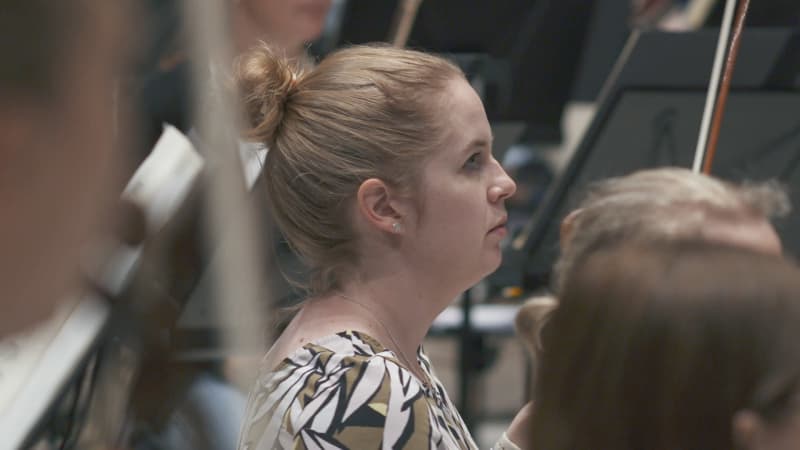
– Nicholas has a very bright and positive character. He is wonderful to play with because he is very professional but also very collegial. He does not dictate directly from above, but takes a lot of influence from how the orchestra members play.
The comfort seems to be mutual. Collon praises the RSO as one of the world’s great orchestras.
– The players are incredibly professional, so sensitive to music. They respect each other and the music. All of them are amazingly good musicians and together they are something very special.
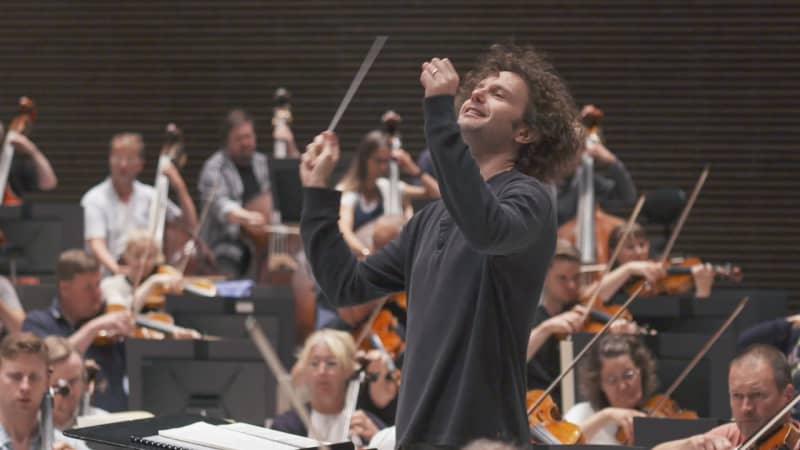
Therefore, according to the chief conductor, the Finns who pay the Yle tax should be proud.
– RSO belongs to the people. You should celebrate because we are among the great orchestras internationally.
Double bass to pieces and a water glass performance
The instruments of the symphony orchestra are valuable. That’s why musicians take good care of them. But some do not fit in a backpack and a hat rack, but require professionals to transport them to the concert venue.
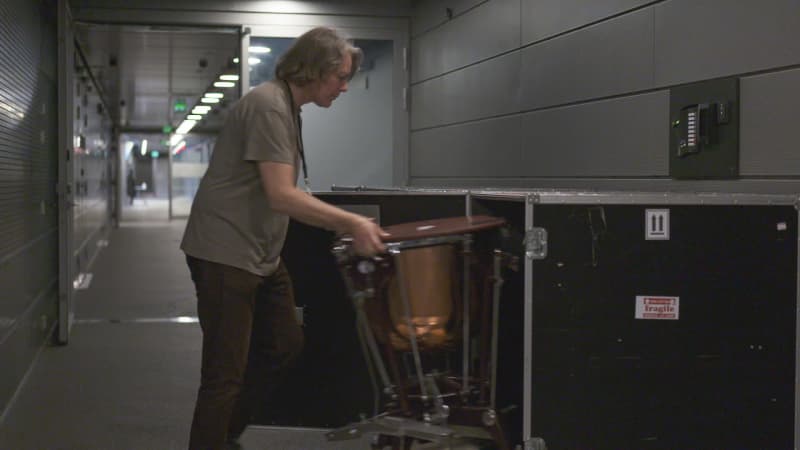
The RSO has two orchestra organizers who are responsible for ensuring that the instrument and the player meet each other on stage, wherever the concert happens to be in the world.
– I have broken the double bass from the 18th century quite properly, confesses Tiittanen. Fortunately, the player was repaired.
– I took a glass of water to the stage. The orchestra thought the conductor was coming and stood up. The crowd started clapping. I took the glass and bowed, recalls Tikka.
Invisible toil at home and on tour
A normal working day at Musiikkitalo is routine. The arrangement of sheet music, chairs and instruments does not cause major stress – tours do.
– The worst thing is when you have to know exactly which instruments will be packed in the 50 boxes, and the information must be six months before the tour, describes Tikka.
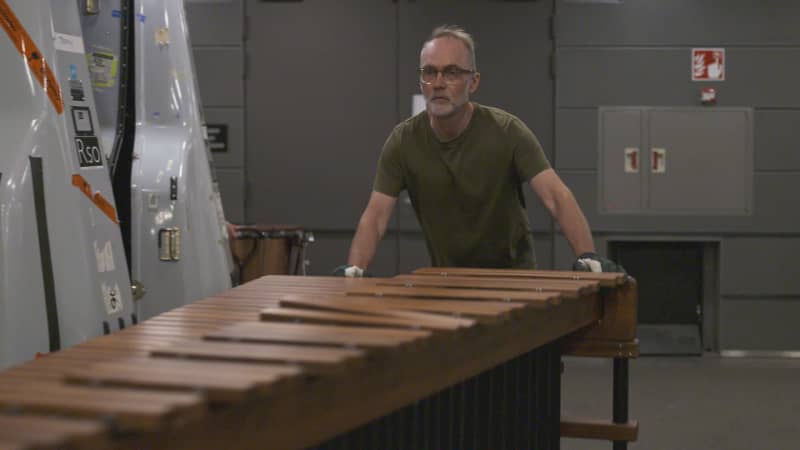
In addition to the organizers, the callers also toil out of sight. Violinist Helmi Horttana-Suoranta estimates that at least half of musicians’ working time is spent on personal practice.
– If a difficult song is known for Wednesday, then Friday’s concert will not be followed by the base worker’s weekend, when you will be pulling your hips with the family. There is no time for that, you have to work, the violinist states.
The real work is done in practice
Chief conductor Collon agrees. The real work happens in practice.
– Then we are face to face and we can talk. I have to think about the structure of the rehearsal, take the players on a journey. Rehearsals can last up to six hours a day, so it’s important to keep a group of almost a hundred people in a good mood.
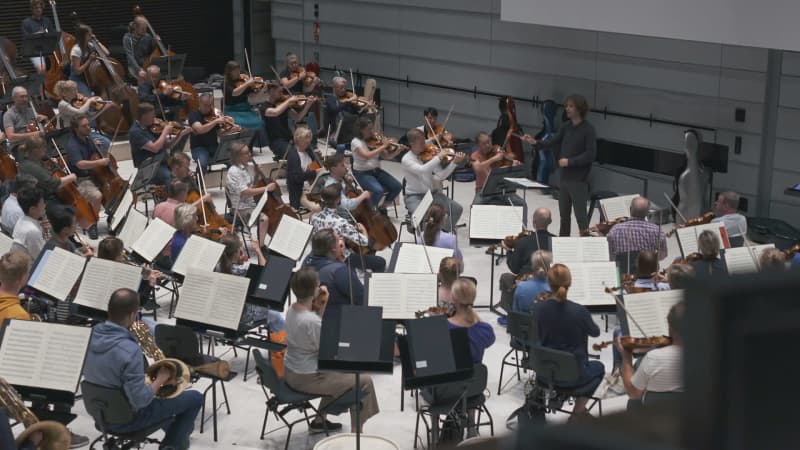
– You have to be able to criticize the players and move the music forward. Nothing happens at the concert anymore. I can’t talk and neither can they. Then we just call, Collon laughs.

